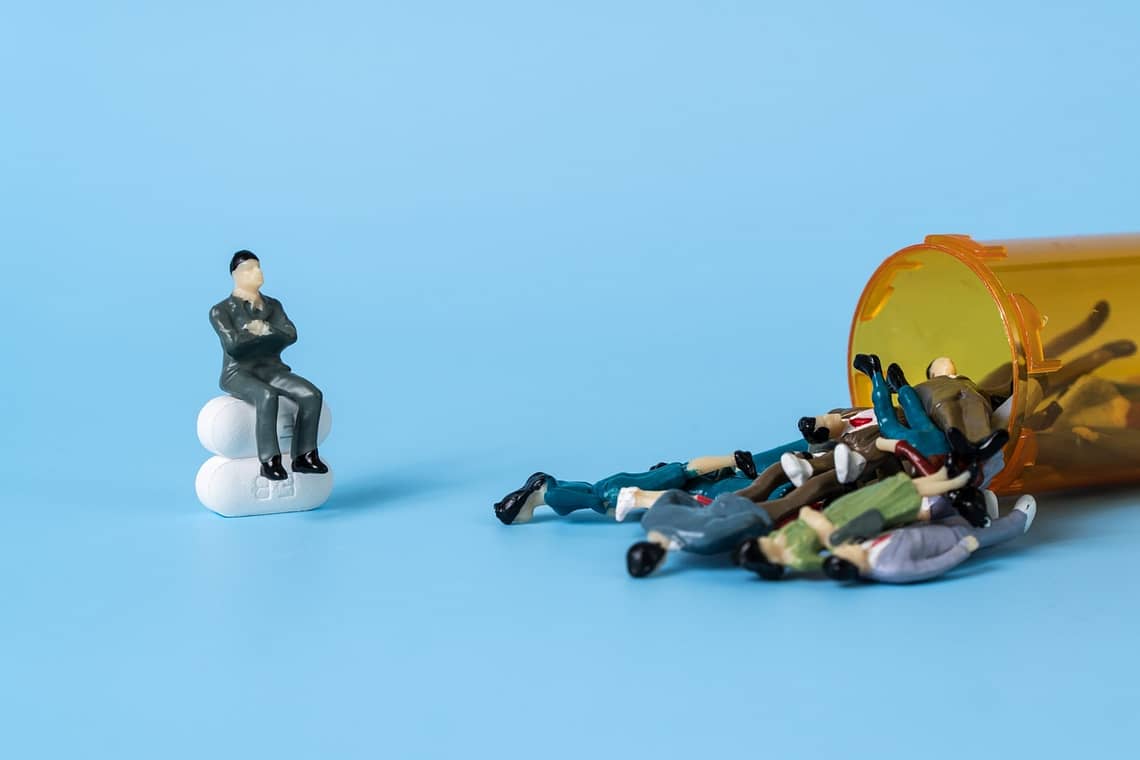-
Society Shouldn’t Tell Me How To Experience My Mental Illness
Society tells us many things, but, when it comes to how people experience mental illnesses, it's time for society to stop and listen.
-
Why My Recovery from Symptoms of Mental Illness Scares Me
Recovery from mental illness is complicated. Figuring out what recovery will realistically look like is complicated. The actual process of recovery is complicated. And figuring out how you feel about your recovery can be more complicated than others may think. For me, recovery is a lifelong process. Due to the nature of my illnesses, some, if not all, will be with me my entire life. What I’m chasing is stability. And right now, I’m fighting to break free from severe symptoms. It might sound a little ridiculous, but, at this stage, my recovery is full of mixed emotions. I’m excited, but also terrified. In the beginning, things looked bleak. Every…
- Advocacy, Anxiety, Depression, Obsessive Compulsive Disorder, PTSD, Recovery, Schizoaffective Disorder, Schizophrenia
Help, Hypocrisy, and What it Took for Me To Ask
I shocked my psychiatrist recently. I have never seen her more surprised than when I asked, “do you think a third session every week would be helpful?” It took her a moment to process. “yes,” she said, “I think it would.” Today she explained her surprise. In the nearly 8 years she’s been working with me, I’ve done just about everything to avoid asking for help. And suddenly, I am determined to get it. Let me give you some background My childhood and teen years were spent trying to convince myself that my obsessive-compulsive disorder was quirkiness and that I was being overdramatic by thinking I was suffering from depression.…
-
The Slow Motion Collision and The Silent Crescendo
Trigger Warning: Mention of self-harm and suicidal ideation In mental health, crises are often silent. Sometimes someone pulls a trigger and you rocket upwards in a grand, but inaudible crescendo. But some emergencies happen in slow motion. They can creep up on you – no trigger pulled, just a blind march with the noise becoming ever louder until it’s all you can hear. Last August, my world turned upside down in one swift motion. Cymbals crashed when I found out that my emotionally and sexually abusive ex-boyfriend moved into my apartment building. There was nothing slow about it. I went from feeling like I was getting my post-traumatic stress disorder…
-
Irrational and Unreasonable – Why You Don’t Have To Understand My Anxiety
My fate is resting in my hands. If I make the wrong choice, my entire life could fall apart. My nerves chatter with anxiety and it wraps itself around my throat. I can’t make this decision. It’s too important and I’m sure I’ll make the wrong choice. So I turn to my boyfriend and ask the question – “Which of these shirts should I wear today?” It sounds ridiculous, doesn’t it? It is. It’s irrational. It’s unreasonable. And I am fully aware of that. Logically, I know that the world will not explode if I wear the wrong shirt. Is there even a right or wrong shirt for a Saturday…
- Anxiety, Depression, Obsessive Compulsive Disorder, Perfectionism, PTSD, Recovery, Schizoaffective Disorder, Schizophrenia
An Invisible Disability – Understanding What You Can’t See
I feel like the world has this idea of what disabilities are supposed to look like. Yet, quite often, it doesn’t match what it’s really like. And having an invisible disability comes with it’s own cocktail of stigma and expectations. Personally, I often find myself examining my own disabilities through the eyes of others. But knowing that others don’t see my suffering has only served to hold me back. It’s taken me years to convince myself that whether or not I have a disability has nothing to do with what others see. What matters is how it feels and impacts your life. And while onlookers may never know the true…
-
My Experience with Mental Illness in the Workplace
In college, I interviewed for a position in the lab of a professor at my university. I eagerly explained that part of why I was interested in his work and the role was because of my personal experience with schizoaffective disorder. He gently advised me that my diagnosis was something I should keep closer to my chest in job interviews. At the time, I was almost offended. I’m out here trying to break stigma. How can I do that if I’m not open about it? But, over the years, I’ve come to understand why he said that. At this point in my life, I’ve been through several jobs in some…
